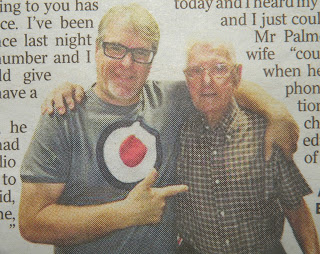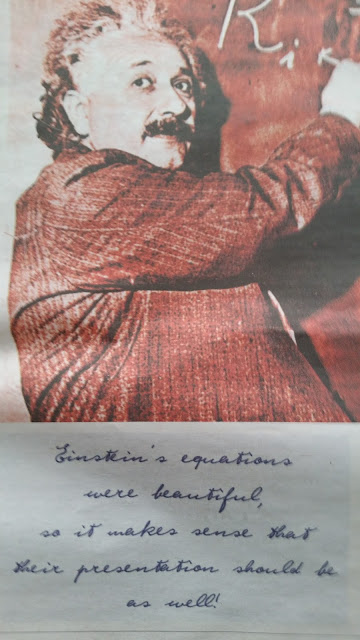A very merry Christmas and a Happy New Year
Let's hope it's a good one without any fear...
Let's hope it's a good one without any fear...
HAPPY CHRISTMAS, WAR IS OVER sang John Lennon whose lyrics echo down the years. I wonder what the great singer/songwriter would have thought of the world as we head into 2016?
Celebrating the end of any war is a time of both sorrow and joy so I've chosen to repeat a popular poem from May 2015 for my final post of the year. The poem was written by Gill Cullen, a Guernsey girl now living in Vancouver, to celebrate the 70th anniversary of the Liberation of the
Channel Island of Guernsey. This, my favourite line, will stay with me always: So many of our loved ones gone, yet still present in the cry of the seagulls or the rise and fall of the tide...
Thanks again, Gill.
Celebrating the end of any war is a time of both sorrow and joy so I've chosen to repeat a popular poem from May 2015 for my final post of the year. The poem was written by Gill Cullen, a Guernsey girl now living in Vancouver, to celebrate the 70th anniversary of the Liberation of the
Channel Island of Guernsey. This, my favourite line, will stay with me always: So many of our loved ones gone, yet still present in the cry of the seagulls or the rise and fall of the tide...
Thanks again, Gill.
Dear
Guernsey
How I
wish I could be with you this year. This 70th celebration of the end of the
Occupation.
How many
years I have sat and listened to stories of your Occupation, from my father
... stories of trepidation and daring , Of victory signs , Of tea dances, of
curfews (often missed - with bad recompense ) Of hunger .. Of seaweed bread ...
Of cabbage soup , Of Crystal sets , Of prisoners of war .....
My childhood was during a time of
recovery for you, dear Guernsey ... And I embraced your lovely beaches , your
windswept shores , your crashing waves ...
Ferry rides ...watching every wave as it broke on the bow of the "Martha Gun " or the " Capstan" or the " Lady Dorothy. "
Other Liberation days when a trip to Herm was often in order to help celebrate ..and to walk through the fair on the way back ....
My life has taken me away from your beautiful shores , but my heart remains a Guernsey Girl, an islander through and through ...
I would love to stand with everyone this year, on this anniversary .. So many of our loved ones gone .. Yet I am sure still present .. In the cry of the seagulls or in the rise and fall of the tide ...
I miss you always more on days like this ..
Yet you always welcome me back with open arms and a warm hug
Enjoy your day, dear Guernsey ........
You will always be my first love ...
My Sarnia Cherie ....
Ferry rides ...watching every wave as it broke on the bow of the "Martha Gun " or the " Capstan" or the " Lady Dorothy. "
Other Liberation days when a trip to Herm was often in order to help celebrate ..and to walk through the fair on the way back ....
My life has taken me away from your beautiful shores , but my heart remains a Guernsey Girl, an islander through and through ...
I would love to stand with everyone this year, on this anniversary .. So many of our loved ones gone .. Yet I am sure still present .. In the cry of the seagulls or in the rise and fall of the tide ...
I miss you always more on days like this ..
Yet you always welcome me back with open arms and a warm hug
Enjoy your day, dear Guernsey ........
You will always be my first love ...
My Sarnia Cherie ....
Peace in our World


































.JPG)


.JPG)


